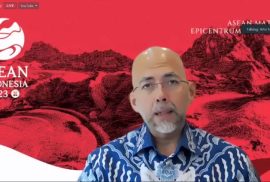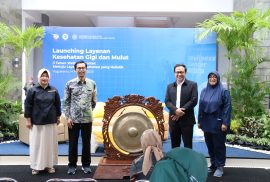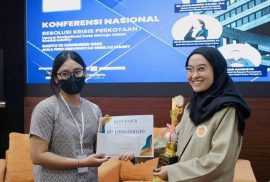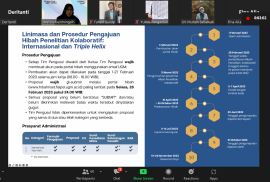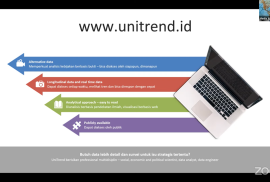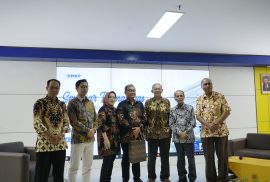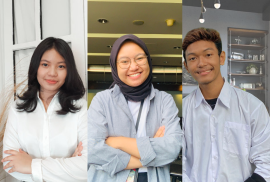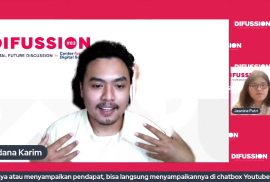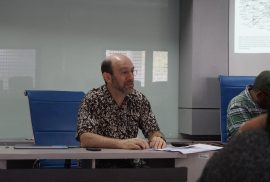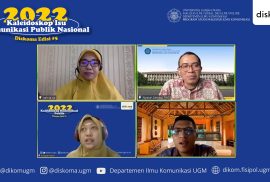Fisipol UGM Talked About Opportunities and Challenges to Welcome Indonesia’s 2023 ASEAN Chairmanship
Yogyakarta, February 14th 2023─The ASEAN Studies Center (ASC) of Gadjah Mada University’s Faculty of Social and Political Science held a public seminar titled “Indonesia’s Agenda in the 2023 ASEAN Chairmanship: Challenges and Opportunities” on Tuesday (14/2). The event was held online and divided into two discussion panels. The first session raised the topic of “Geopolitical Challenges and Democracy in the ASEAN Region” and was filled by Sidharto Suryodipuro, Director General for ASEAN Cooperation in the Ministry of Foreign Affairs, as well as Amalinda Savirani, a lecturer in Fisipol UGM.

